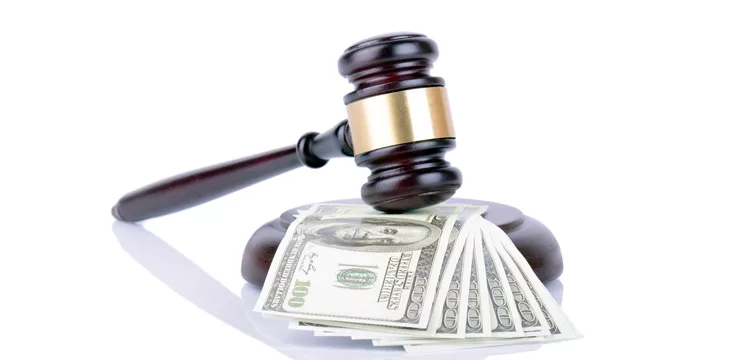|
Getting your Trinity Audio player ready...
|
Ooki DAO will be forced to pay a $643,000 fine and shut down operations after a U.S. judge ruled in favor of the CFTC in a precedent-setting decision that has implications for the regulation and oversight of decentralized organizations.
On Friday, U.S. district judge William H. Orrick ruled in favor of the U.S. Commodity Futures Trading Commission (CFTC) in its lawsuit against Ooki DAO, ordering the decentralized autonomous organization (DAO) to shut down and pay a civil monetary penalty of $643,542, in what the regulator described as a “sweeping victory” that proves DAOs can be held legally accountable.
In a press release, the CFTC hailed the victory as “a precedent-setting decision,” with the court declaring that the Ooki DAO is a “person” under the Commodity Exchange Act and can therefore be held liable for law violations.
The question of whether a decentralized organization and governance token holders can be held liable for the crimes of a few individuals within the organization was at the core of the CFTC’s case, which it brought against the Ooki DAO in September 2022, concurrently with its issuance of an administrative order against the Ooki DAO’s predecessor, bZeroX, and its founders.
The administrative order and the enforcement action accused bZeroX and then the Ooki DAO of unlawfully offering leveraged and margined retail commodity transactions outside of a registered exchange and failing to comply with Bank Secrecy Act obligations.
In the suit, Ooki DAO was listed as an unincorporated association, which meant the CFTC viewed that the DAO token holders, who vote on the protocol with governance tokens, were operating the legal equivalent of a business. This categorization of a DAO caused much debate in the industry and much consternation from fans of the legal grey area in which decentralized organizations have existed.
One particular area of controversy was how exactly to serve notice of a lawsuit to a DAO in the first place, with no physical business entity available and no individual addresses for the founders or members. In the end, the CFTC successfully asked the court for permission to serve the lawsuit via the chatbox on the Ooki DAO website and a post on its online forum.
The CFTC also alleged that the founders of Ooki DAO’s predecessor bZeroX, Tom Bean and Kyle Kistner, had intentionally attempted to hand over ownership of their non-compliant platform to the Ooki DAO to avoid legal repercussions.
“The founders created the Ooki DAO with an evasive purpose, and with the explicit goal of operating an illegal trading platform without legal accountability,” said CFTC Division of Enforcement Director Ian McGinley on Friday after the court’s verdict was announced.
“This decision should serve as a wake-up call to anyone who believes they can circumvent the law by adopting a DAO structure, intending to insulate themselves from law enforcement and ultimately putting the public at risk,” McGinley added.
Judge Orrick’s default judgment order, entered on June 8, demands that Ooki DAO pay the civil monetary penalty of $643,542; imposes permanent trading and registration bans; and orders the Ooki DAO, as well as any third party providing web-hosting or domain-name registration services, to shut down the Ooki DAO’s website and remove its content from the Internet.
The decision, in this case, was made easier by the fact that Ooki DAO missed the January 10, 2023 deadline to respond to the lawsuit, perhaps assuming their activities would be deemed beyond the regulator’s jurisdictional reach. However, this just led to the CTFC filing a request with the court for an “entry of default” (the first legal step to obtaining a default judgment against a party) against the DAO, stating it had missed the deadline to “answer or otherwise defend” as instructed by the court.
The Ooki DAO and its founders might have played this poorly. Still, the message from the regulator and the court is clear, decentralized organizations are not beyond the reach of law and can be held accountable now and in the future.
Watch: U.S. Congressman Patrick McHenry on Blockchain Policy Matters

 03-04-2026
03-04-2026 




